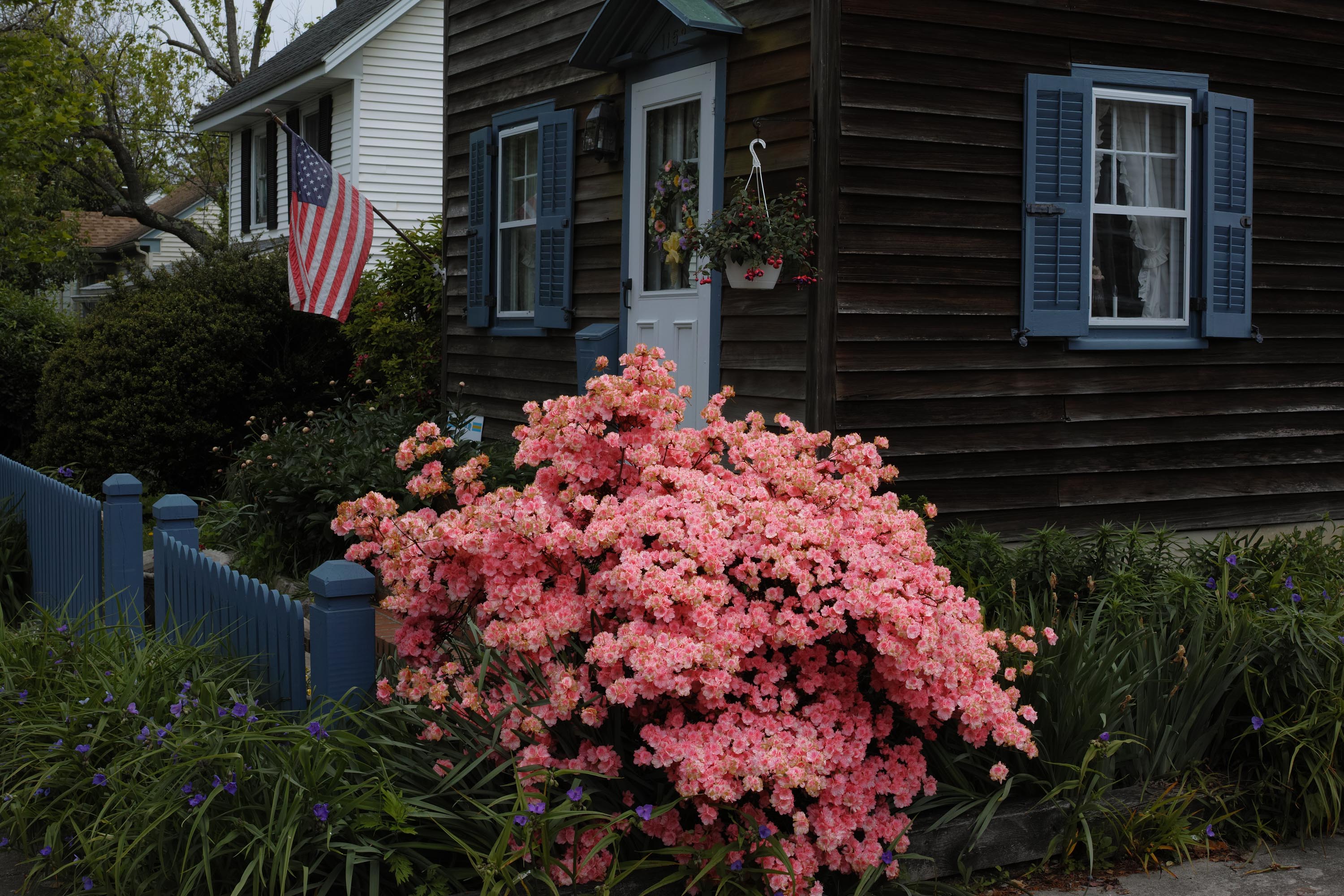
Learn: 8 Differences between Sigma Foveon and CMOS Sensors
Published November 3, 2025 by MPB
Best known for its incredible range of lenses, Sigma has for years produced cameras often underestimated by the photography community. The most enigmatic and unusual of these cameras are the Sigma Quattro and Merrill series, both of which employ an unusual Foveon sensor that can create truly unique imagery. In this article, photographers Paul Isgard and Michael Pacheco explore the differences between the Sigma Foveon sensor and regular CMOS sensors, what this means and how it can affect your photography.

More accurate color reproduction
While CMOS sensors now dominate the industry, Foveon sensors have gained a cult following due to the way they see and capture color.
CMOS sensors work with individual pixels, each able to capture one color—red, green or blue. Each pixel then has to ‘read’ data from neighboring pixels to ‘decide’ how much of the color array to assign to each pixel. This is called demosaicing, taking the mosaic of color from individual pixels in the sensor and turning it into accurate color.

Sigma dp2 Quattro | 30mm | f/9.0 | 1/160 sec | ISO 100
Foveon sensors, on the other hand, gather data vertically. All the information needed for each pixel is gathered at the point of capture and turned into a recognizable image of the scene. So, in theory, Foveon sensors reproduce color more accurately because they don’t have to rely on interpreting neighboring pixels.
"I find them useful when I want to capture color very accurately," says Michael.

Sigma dp2 Quattro | 30mm | f/10 | 1/160 sec | ISO 100
Film-like aesthetics
Paul says "The first time taking one of these out and viewing the files on the computer, they had a certain sharpness, saturation and colour profile that I never experienced before. The images didn’t look like my other digital files, they shared some aesthetics to film photographs. After researching the cameras more, and learning a little bit more about how the sensor contributes to the greater depth of the photos, I started forgetting the camera was a small point-and-shoot and using it as this weird hybrid camera."
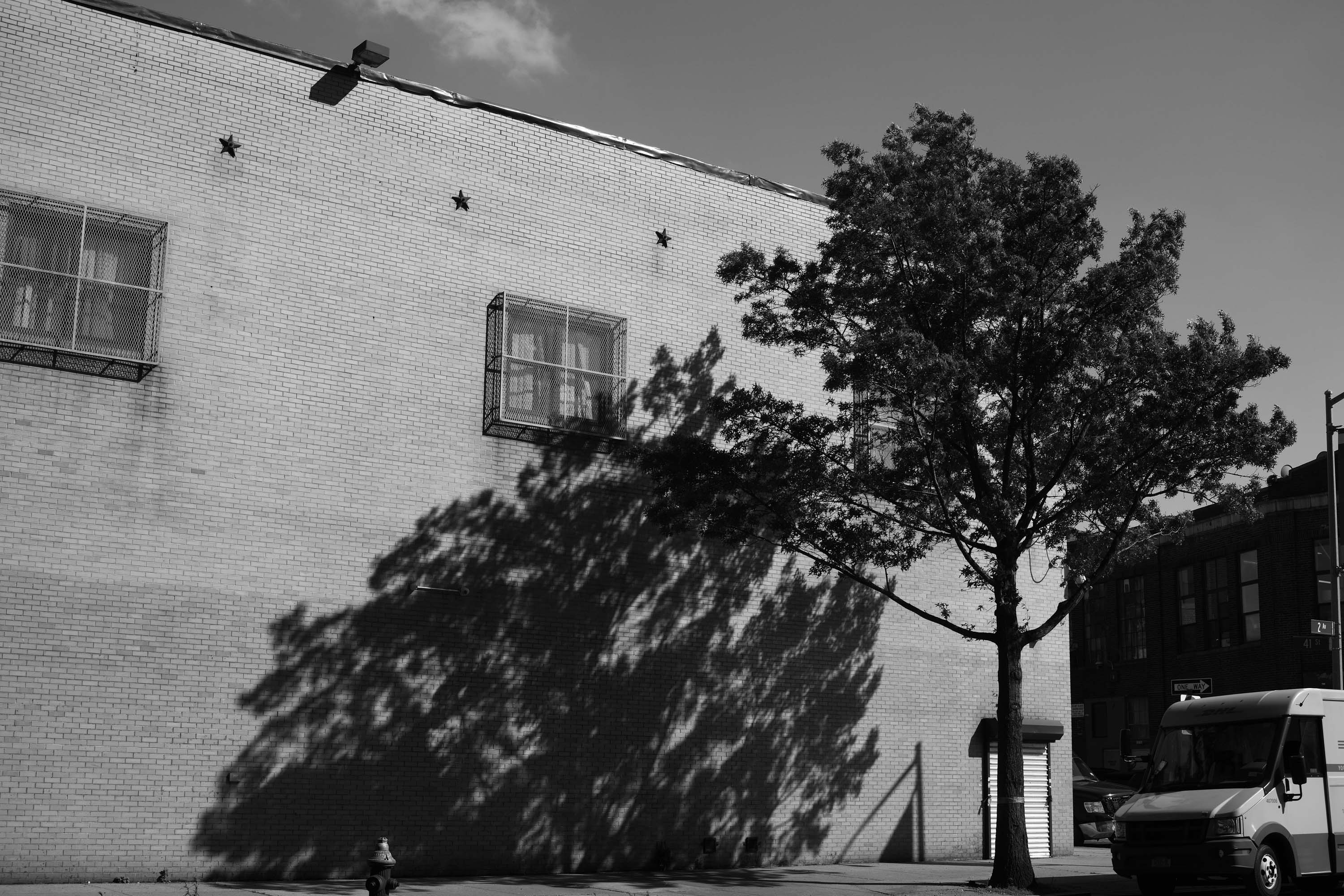
Sigma dp2 Quattro | 30mm | f/4.5 | 1/800 sec | ISO 100
Michael agrees: "Sigma cameras have a ‘look’ that is completely unique to their sensor design. The way the camera captures the feel of the space is one reason why I’ll reach for a Sigma over my other cameras. "
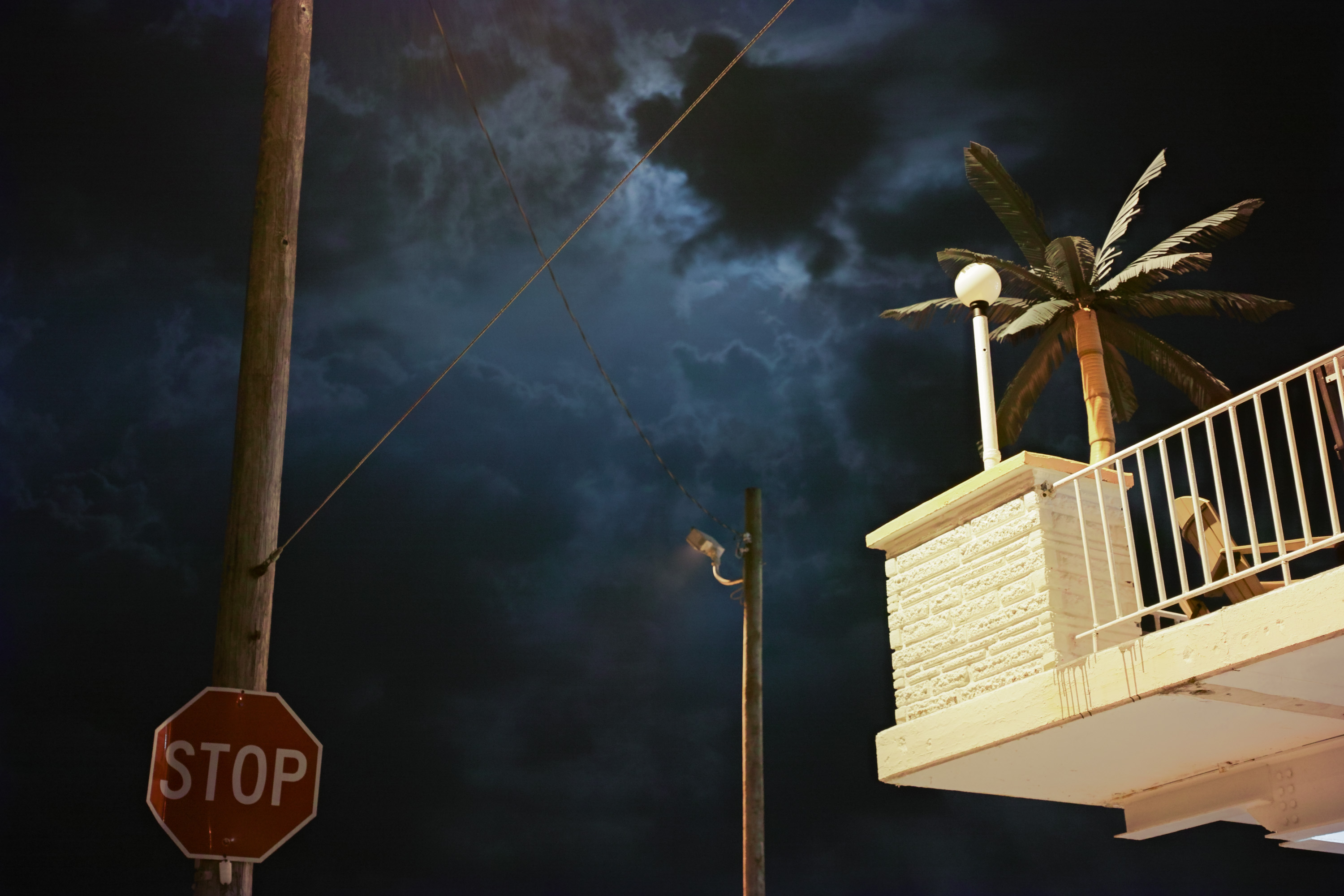
Sigma dp2 Quattro | 30mm | f/2.8 | 4/5 sec | ISO 200
Natural rendering
Michael says, "The images seem to have a physicality to them. Everything in the image looks exactly as it should. These cameras have the ability to render space and colour just as it is, an unbelievable feat. It’s as if instead of taking a picture the photographer scanned reality. The images also have this pop to them. In one way, it’s similar to the rendering of medium format, but in another way, it's a look specific to Sigma cameras."
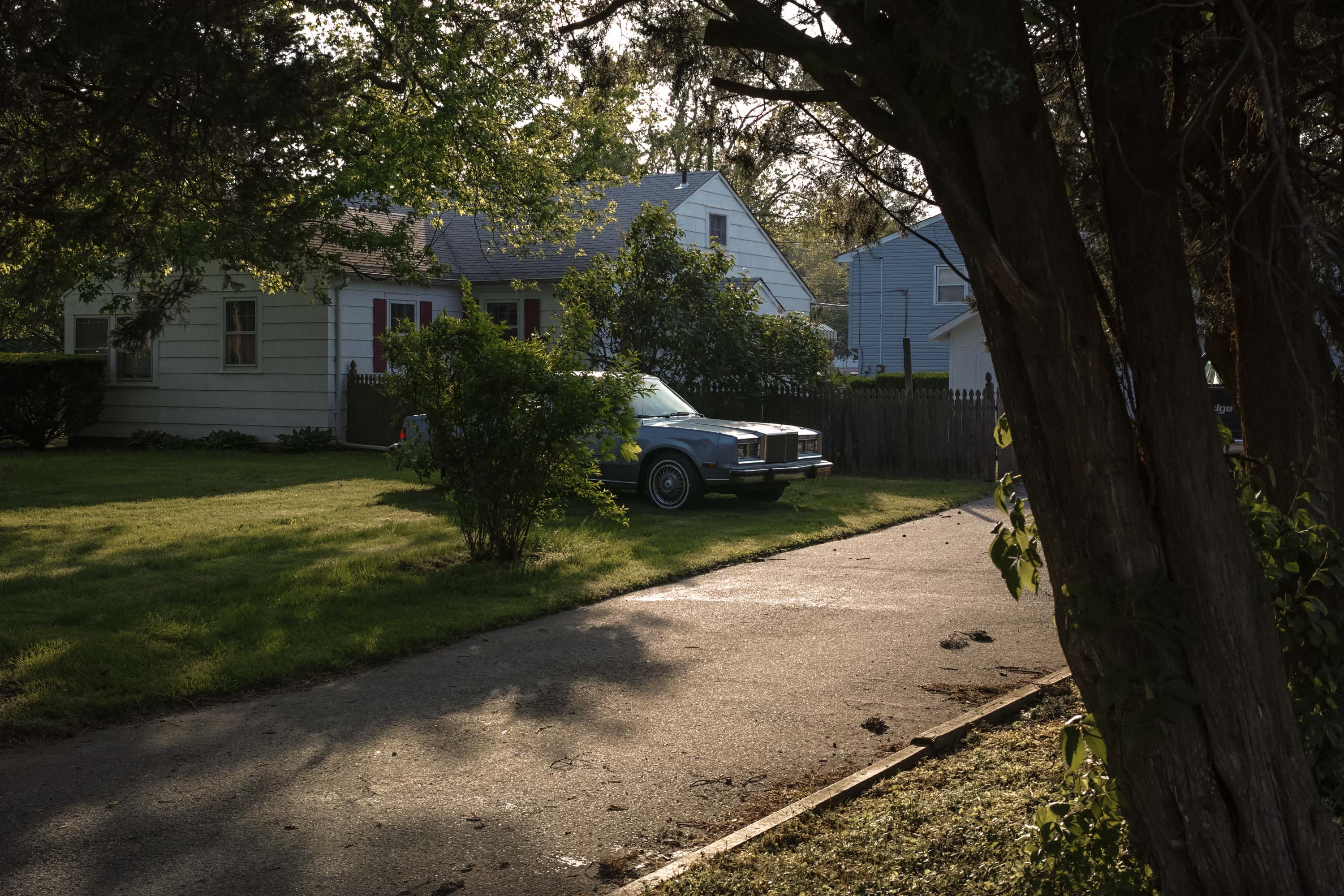
Sigma dp2 Quattro | 30mm | f/9.0 | 1/50 sec | ISO 100
Good detail
"For high detail, Sigma cameras are unbelievable—almost unreal in this regard," says Michael. "I also love them for portraits, since the Foveon design is so good with colour and depth. Subjects seem to leap out of the static image they are trapped in, giving them a sense of life.

Sigma dp2 Quattro | 30mm | f/9.0 | 1/160 sec | ISO 100
Worse battery life
"This camera system got me used to composing with an LCD screen, which isn’t always the best means of previewing an image, but I think that’s part of the quirk that all the Sigma cameras have," says Paul. "I think you end up falling for the form factor or you don’t, but in any case, you keep it because the images end up looking beautiful."
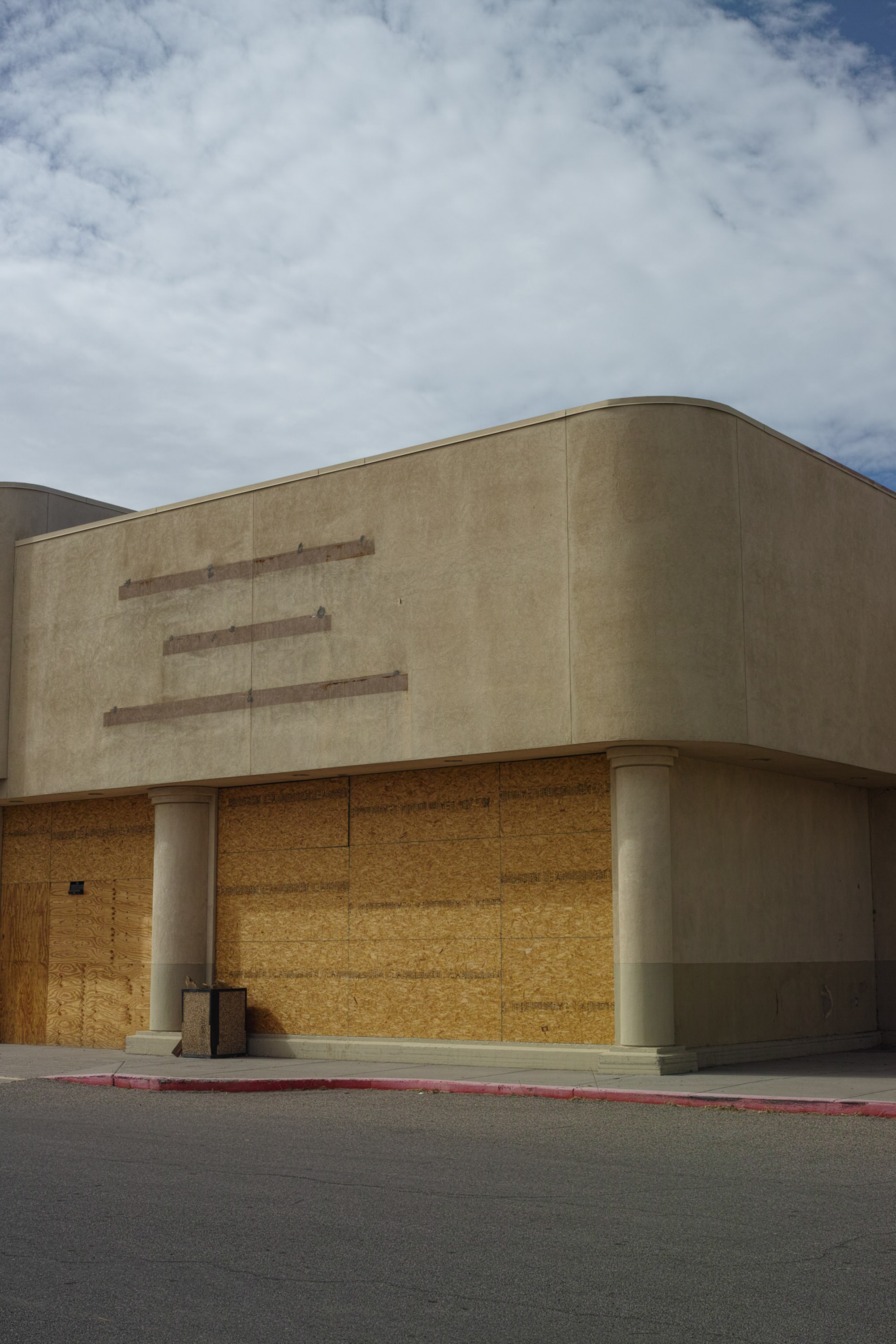
Sigma dp2 Quattro | 30mm | f/6.3 | 1/800 sec | ISO 100
"My biggest qualms lie with the batteries for the DP series, which usually get 40 or so photos per charge, which makes sense for how much processing these little cameras have to do for a single photo. But because it’s so different from everything else that I use, I think that’s why I’ve taken a fancy to it."
Michael disagrees: "Battery life could be better but I’ve managed 130 images out of a single charge, which is quite good, considering the output of the files coming from this camera."
No viewfinder
"For me, the biggest drawback of cameras with a Sigma Foveon sensor is the lack of a viewfinder," says Michael. "The LCD screen can be difficult to see in bright light and a viewfinder could really help fix this issue. In the case of the Quattro, the odd hand grip doesn’t bother me that much."
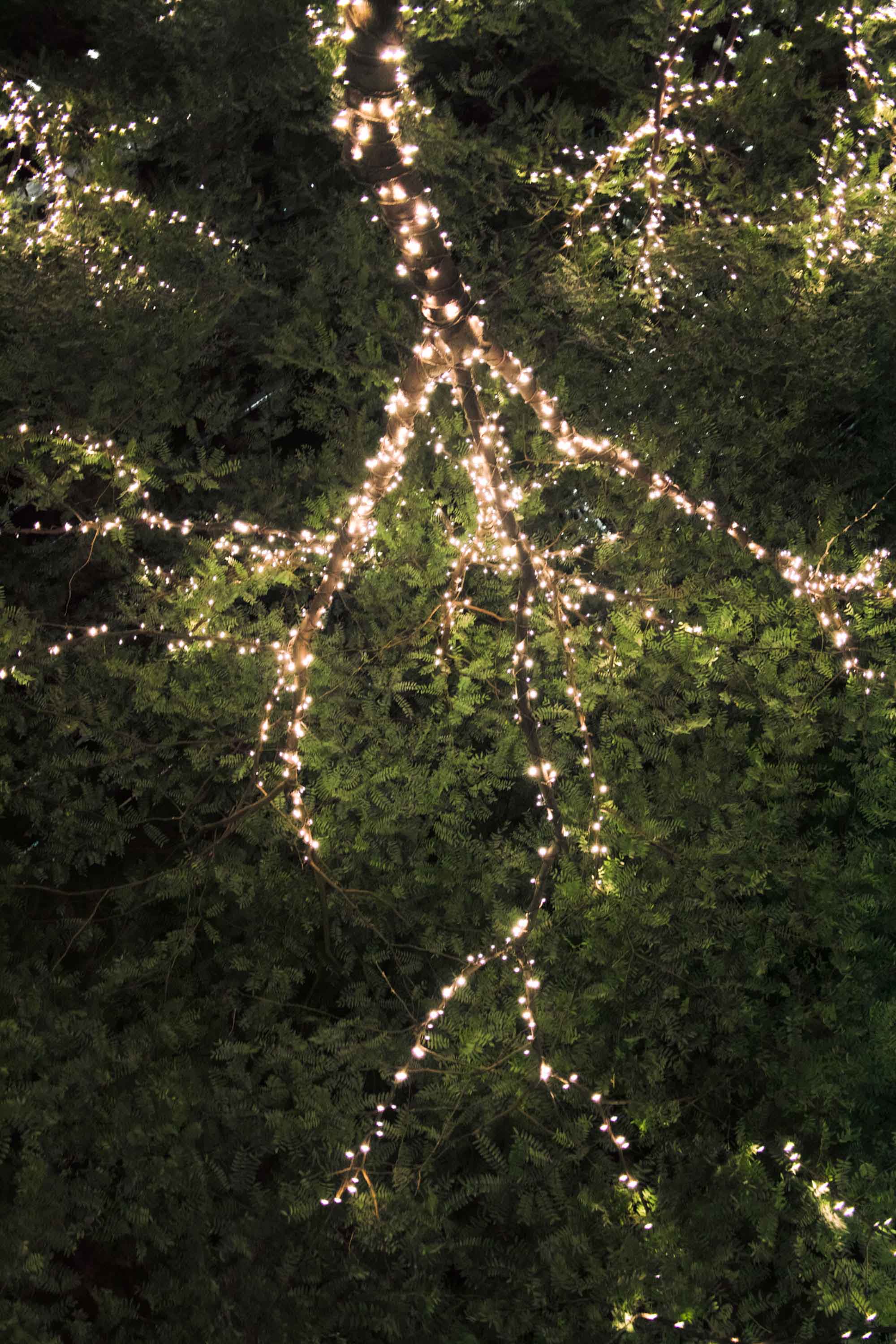
Sigma dp2 Quattro | 30mm | f/2.8 | 1/30 sec | ISO 400
Autofocus performance could be better
"In bright conditions, I experienced very few issues with the autofocusing system", says Paul, "outside of wishing there were more autofocusing points, but who really cares about those?"
"When I’ve used the DP1 Quattro and DP2 Quattro for street photography, if you have enough time and can compose the shot fast enough, the cameras caught most shots that I would make. But for smaller or moving subjects, you may not get so lucky."
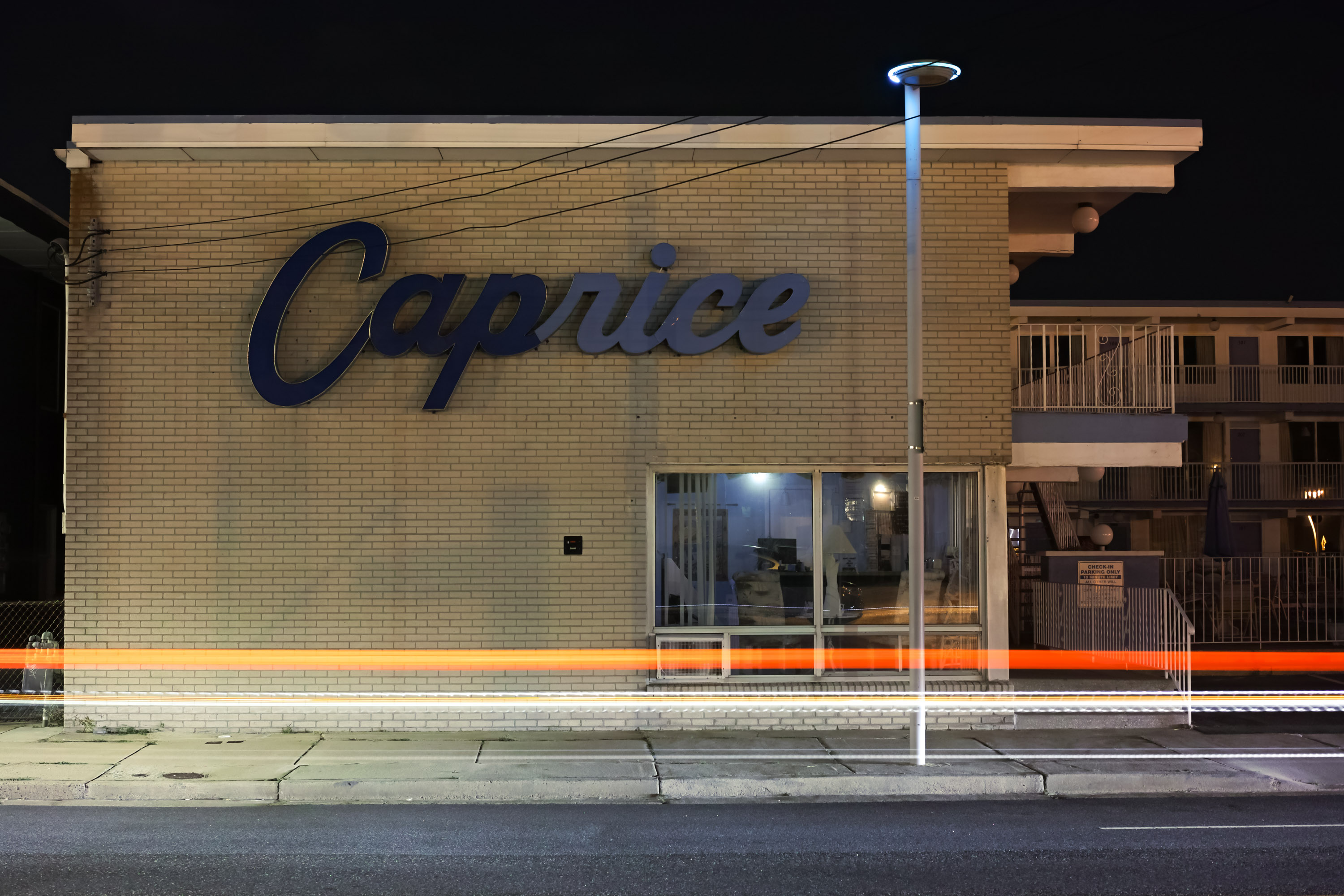
Sigma dp2 Quattro | 30mm | f/4.5 | 4.0 sec | ISO 100
Michael goes on to add, "The autofocus is slow but very accurate in normal light. When choosing to use this camera for street photography, it is much easier to use the camera in manual focus mode and zone focus using the distance scale."
"As for fast-moving subjects, it’s better to use a different camera altogether. For me, these limitations are very acceptable as the camera is—at ISO 100—on par with medium-format cameras. For a fraction of the price."
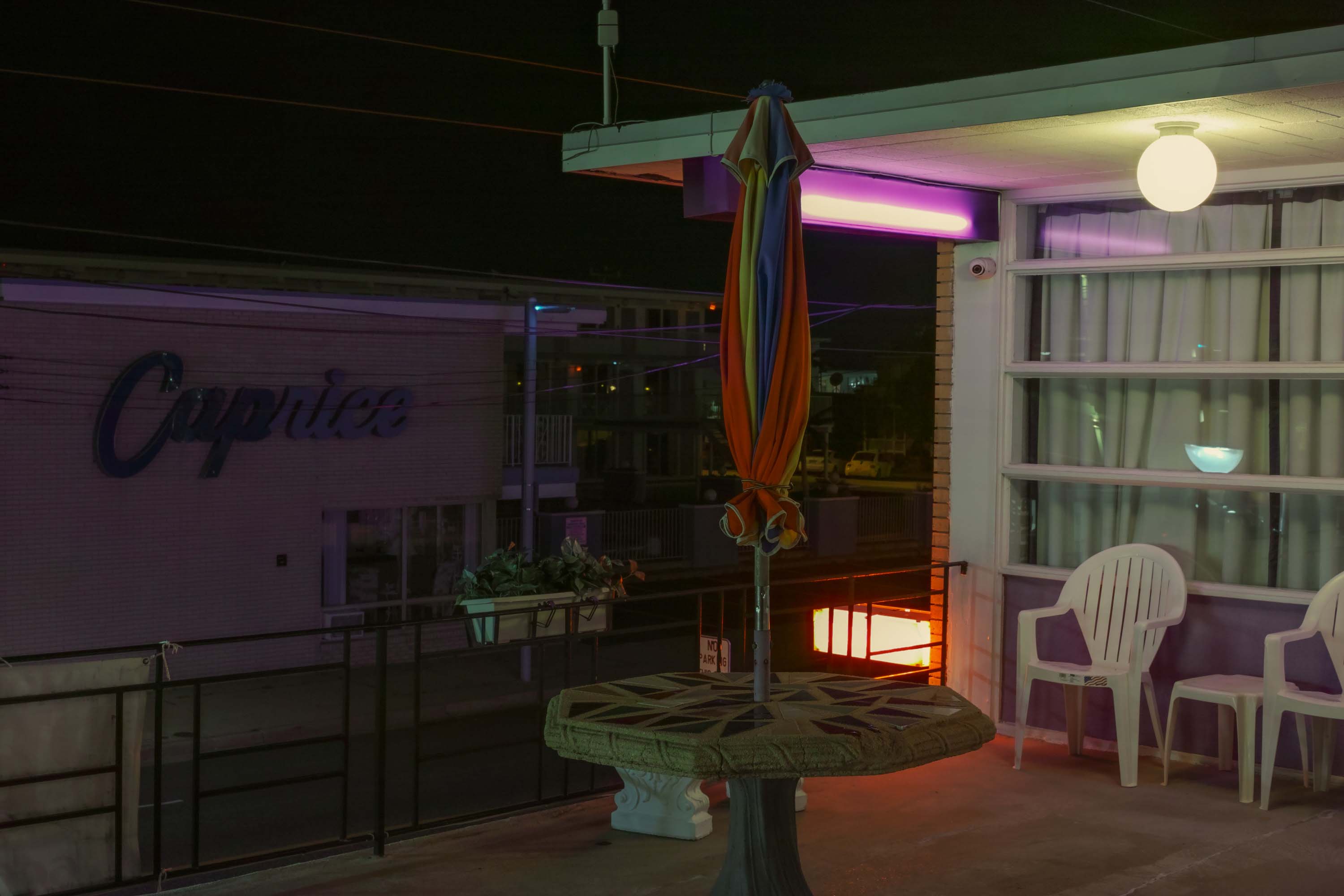
Sigma dp2 Quattro | 30mm | f/8.0 | 1 sec | ISO 100
Worse low-light performance
"I’ve found the most success in brightly lit, outdoor, daytime environments," says Paul. "The Sigma Foveon sensor works the most efficiently in ISOs lower than 400, as anything above it with questionable light exhibits banding and discoloration. Whenever I take this camera out during the day, I’m never disappointed with how the photos look, just with any human errors I may make."
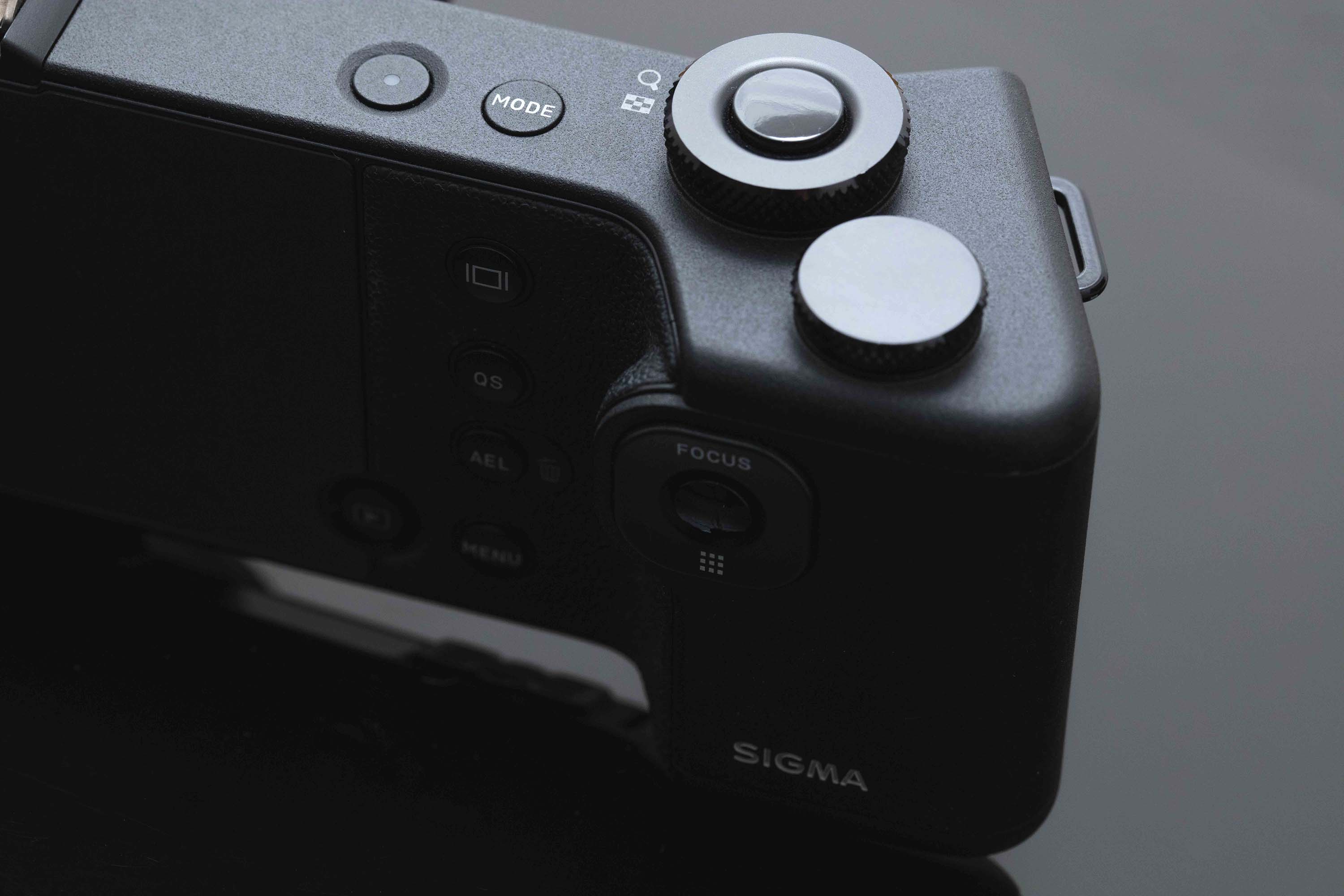
Canon 5DS | EF 100mm f/2.8L Macro IS USM | f/11 | 1/200 sec | ISO 1600
Paul and Michael's Verdict
"With the type of workflow I have, I don’t believe in using one of these cameras as my only camera," says Paul. "It isn’t to say you couldn’t bring one of these cameras as your only body for the day—with lots of batteries—and get great results, but there are some amenities that other cameras offer that push the Sigma line of cameras into their own, interesting position."
Michael says "For people who are coming to digital from film, or people who photograph static subjects, absolutely. For me? Almost. It sits alongside my much faster Fujifilm X-T3 to round out my gear."
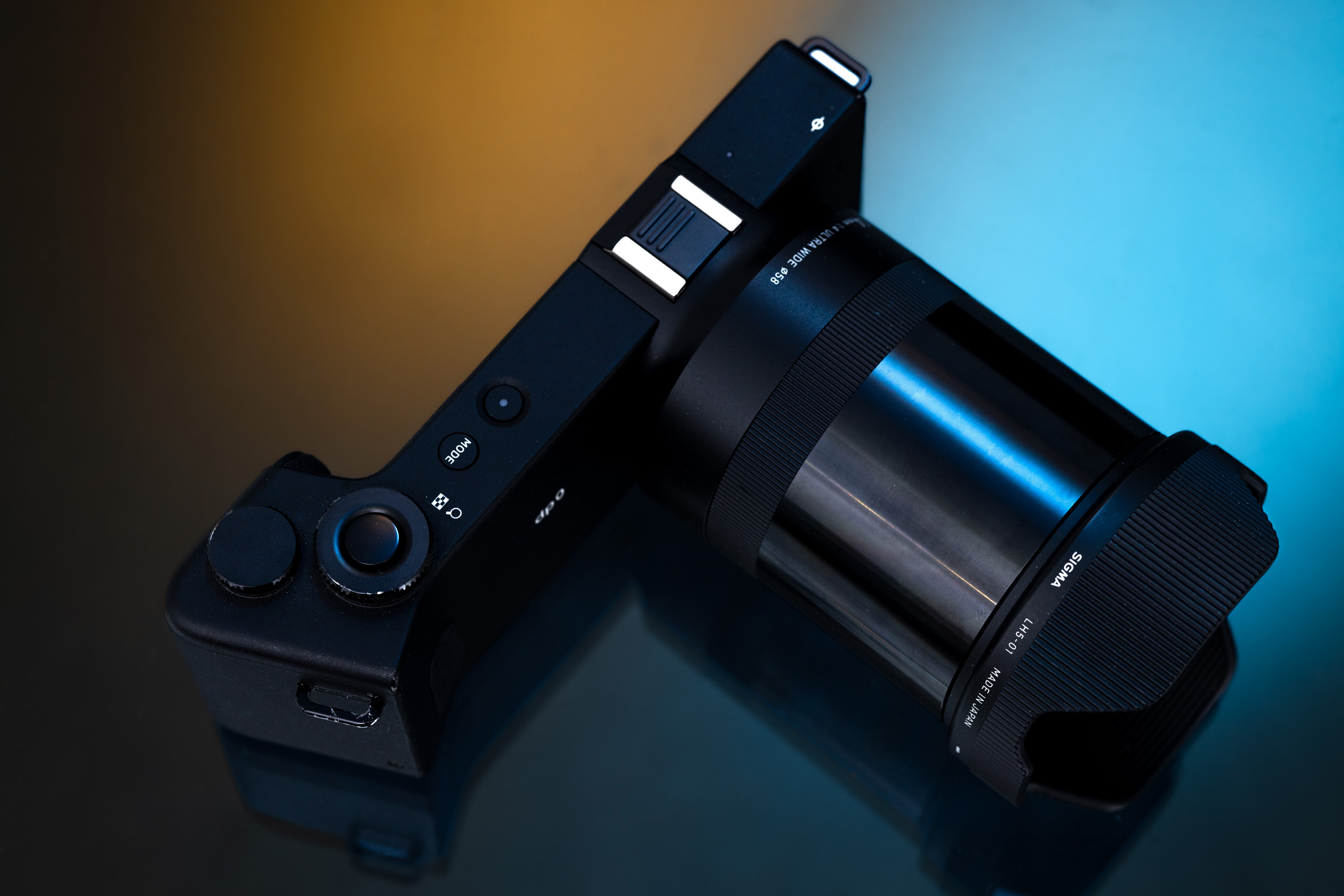
Used Sigma DP0 Quattro
We included the Sigma DP0 Quattro, above, in our top Hasselblad XPan digital alternatives.
Read more camera gear guides on the MPB Content Hub.
You can sell or trade your camera gear to MPB. Get a free instant quote, get free insured shipping to MPB and get paid within days.